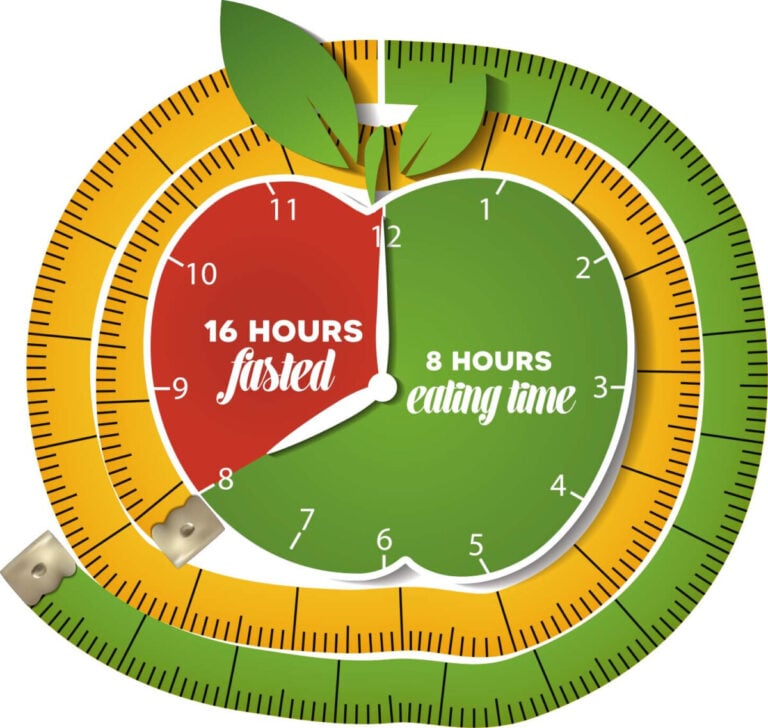Hunger is, first of all, a protective reaction of the body to the lack of food necessary for the body to maintain life.
When this protective mechanism is turned on, the human orgasm experiences stress and begins to redistribute hormonal levels and metabolic systems in order to better conserve incoming energy and reduce its consumption.
Purposefully starving patients on their own is absolutely harmful. Fasting can be used by doctors as one of the treatment methods. But obviously, absolute fasting is not used to treat obesity, or for minor weight correction.
In many ways, complications from fasting are determined by the duration. With significant duration and loss of body weight at a critical rate, failure of all organs and systems occurs, which will lead to death of the patient. The duration of this may vary; with a sedentary lifestyle and decreased mental activity, you can be alive for a month or more. But with a normal lifestyle, of course, this period will be greatly reduced.
Subsequently, after fasting, you will need to monitor for another week how not to overeat, since having experienced stress, the body will want to replenish lost energy and stock up. Just in case, store up a little more energy for the possibility of such stress happening again.
Hunger for a week will lead to processes that will have time to rebuild the body to a different energy metabolism, with the prevalence of using proteins (muscle tissue) and body fats as a source of energy. The person will experience a sharp loss of strength, lack of performance, decreased alertness, and drowsiness. Disorders of the gastrointestinal tract may begin – muscle spasms.
Intermittent fasting mechanism
Intermittent fasting (intermittent fasting) is an eating method that is becoming increasingly popular among those seeking to control weight and improve the psychology of eating behavior. As a weight management and eating psychology consultant, I would like to look at what intermittent fasting is used for in the first place, as well as explore its benefits and harms, as well as understand who exactly is not recommended to do this method for weight loss and why.

Intermittent fasting involves limiting the time you eat and including periods of complete fasting. One popular variation of intermittent fasting is 16/8, where people limit their eating window to 8 hours a day and fast for the remaining 16 hours. Another option, 5:2, involves limiting your calorie intake weekly to 500-600 calories for two days a week.
A hormone involved in the mechanism of intermittent fasting
Another benefit of intermittent fasting is the control of hunger hormones such as ghrelin. Ghrelin is a hormone responsible for stimulating appetite and regulating food intake. Research has shown that intermittent fasting can reduce ghrelin levels, which may help improve appetite and food intake control.
However, intermittent fasting is not recommended for everyone. For some groups of people, intermittent fasting may be contraindicated or require special attention. For starters, people with certain diseases or health conditions, such as diabetes, thyroid problems, or low blood sugar, should consult a doctor to evaluate the possible risks and benefits of intermittent fasting for them.
Intermittent fasting is prohibited for pregnant women and nursing mothers, as this can negatively affect the nutritional value and amount of food needed to adequately nourish a growing body. Intermittent fasting is also not recommended for teenagers and children, since their bodies are in the active growth stage and require regular, balanced nutrition.
Also intermittent fasting may not be suitable for people with a history of eating disorders such as anorexia or bulimia. Their risk of negative effects of intermittent fasting on their relationship with food and eating habits increases significantly.










